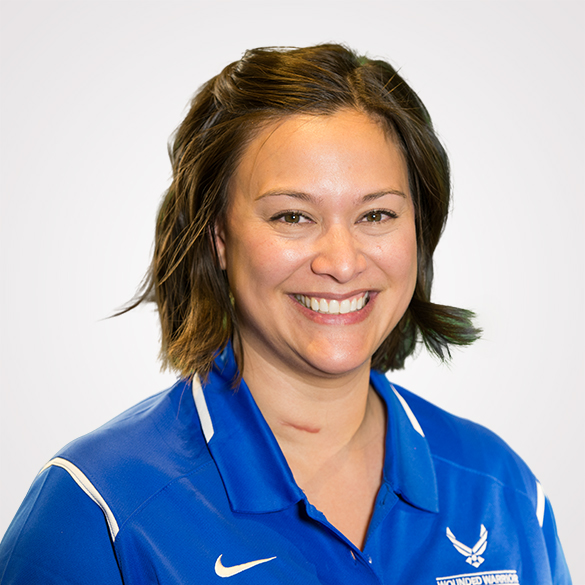Warrior Profiles

MSgt Zarah Hartsock
Active Duty, Special Missions Aviation
A little about Me
Q. What are your short and long term goals (personal, professional, recovery-related, etc.)?
A. I want to continue to better my health, both physically and mentally. I’m trying to be returned to duty so I can be returned to flight status and be requalified as a FE (flight engineer) in the HH-60G. I want to go to school and get bachelors. I also want to make it to at least 20 years of service.
Q. How did your Service’s Wounded Warrior Program (Warrior Transition Unit, Wounded Warrior Regiment, Other Service Wounded Warrior Unit) assigned or previously assigned to enhance your recovery?
A. Being with other wounded, ill, injured helped/helps me feel comfortable/normal knowing they have been through the same or are going through it. I felt alone in the medical process before, and having an RCC and a case manager to advocate for me was a huge lift off of my shoulders, I didn’t feel like it was me against the doctors anymore.
Q. What is the significance of sports/competition? How has it helped you? What does it mean to you?
A. It really helps to play/train with others; it’s extremely motivating to see everyone, so it’s been a huge help with my recovery.
Q. How has adaptive reconditioning and sports helped in your transition and recovery? What adaptive reconditioning activities do you participate in?
A. It helps you feel normal again, and not like you’re different. And that it’s okay to not be who you were before, it’s okay to be who you are now. And it’s okay to start over now with what you can do now, and improve from here and not dwell on what I used to be able to do.
Q. Who has supported you in your training? How?
A. AFW2s sports camps.
